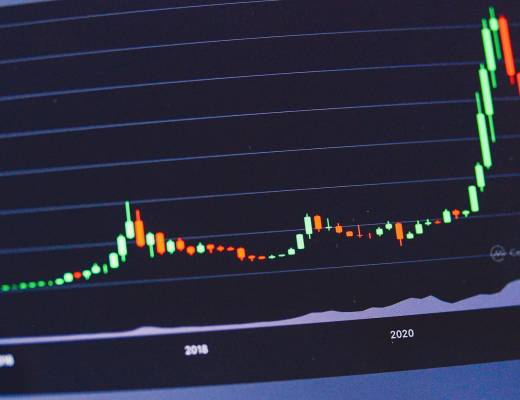Asian shares declined on Wednesday, mirroring losses on Wall Street where technology stocks, including Nvidia and other
artificial intelligence frontrunners, experienced significant drops. The downturn affected major Asian markets, with notable decreases across Japan, South Korea, and Taiwan.
The sell-off primarily targeted computer chip manufacturers, which have been central to the recent AI investment surge. This market correction suggests a potential cooling in the enthusiasm that has driven tech valuations throughout much of 2023.
Japan’s Export Challenges
Adding to regional economic concerns, Japan reported that its exports in July fell at a rate slightly exceeding analyst expectations. Officials attributed this decline partly to increased tariffs on Japanese goods entering the United States market.
This export slowdown represents another challenge for
Japan’s economy, which has been working to maintain growth momentum amid global trade tensions and shifting supply chains.
Technology Sector Under Pressure
The technology sector, particularly semiconductor companies, bore the brunt of the market decline. These firms have been at the center of AI development and had previously enjoyed substantial stock price increases as investors bet on the future of
artificial intelligence applications.
Nvidia, which has become synonymous with the AI boom due to its specialized chips, was among the prominent companies experiencing significant value decreases. The company’s
stock has been a barometer for AI investment sentiment in recent months.
Other technology companies that have benefited from AI-related growth also saw their shares decline as part of what appears to be a broader reassessment of valuations in the sector.
Regional Market Impact
The impact varied across Asian markets but followed a consistent pattern:
- Japanese benchmarks fell as both technology concerns and export data weighed on investor sentiment
- South Korean markets, home to major semiconductor manufacturers, experienced notable declines
- Taiwan, a global center for chip production, saw its technology-heavy index drop
The synchronized nature of these declines highlights the interconnected nature of global technology
markets and their vulnerability to shifts in investor sentiment, particularly regarding high-growth sectors like AI.
Global Context
The Asian market decline follows similar movements in U.S. markets, where technology stocks have recently shown signs of weakness after months of strong performance. This suggests a potential recalibration of
expectations regarding the immediate commercial impact of artificial intelligence technologies.
Market analysts note that while the long-term outlook for AI remains strong, the current correction may reflect concerns about the pace of adoption and the time required for companies to translate technological
advances into sustainable revenue growth.
The
market movements also come amid broader economic uncertainties, including inflation concerns, interest rate policies, and ongoing trade tensions between major economies.
As markets adjust to these realities, investors appear to be reassessing the timeline for AI-driven growth and taking a more measured approach to
technology valuations after the initial wave of enthusiasm that characterized much of the sector’s performance this year.







